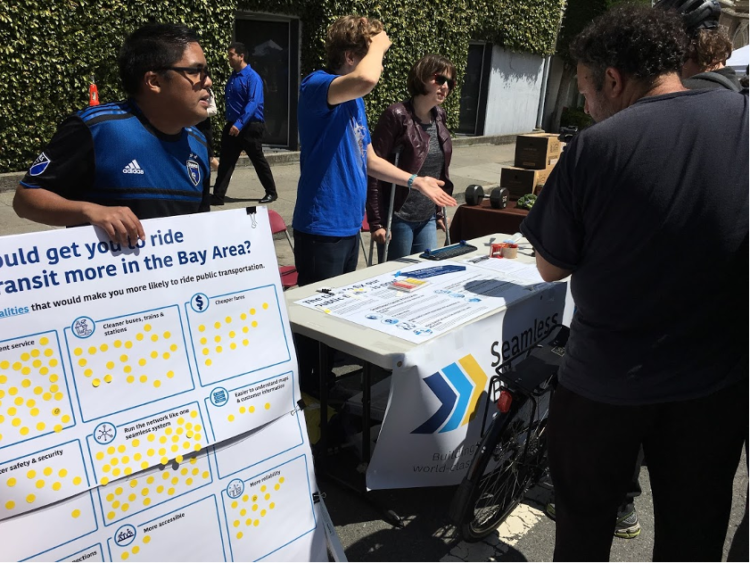Seamless Bay Area
2023 – $15,000 Integrated, Affordable Bay Area Transit Fares
2020 – $15,000 General Support
Public transportation in the Bay Area is broken, with 27 separate transit agencies operating with little coordination and without a regional vision. As a result, transit riders in the Bay Area must navigate unreliable service, slow speeds, lack of connections, and confusing wayfinding information. It’s no wonder only five percent of all trips in the Bay Area are on transit.
The Bay Area’s lack of a connected, convenient public transportation system hurts everyone. It leaves many people with no option but to drive everywhere, spending more of their paycheck on transportation costs, and more of their time in long commutes. It’s bad for the economy, for equity, and for the environment. In addition, the COVID-19 pandemic has further weakened the region’s transit system, reducing agency budgets and leading to major service cuts that disproportionately impact transit-dependent people and essential workers.
It doesn’t have to be this way. Seamless Bay Area was founded in 2017 with the goal of transforming the Bay Area’s fragmented and inconvenient public transit into a truly world-class, integrated, equitable system that connects people and communities across our nine-country region. Through research and thought leadership, public education and engagement, and grassroots advocacy, Seamless Bay Area is building a coalition of elected officials, transit leaders, riders, and advocates committed to changing the region’s transit system for the better.
While transit operators across the country – including in the Bay Area – are currently facing the worst financial and operational crisis in a generation, there are also unprecedented opportunities to bring about transformative change.
Seamless Bay Area’s original proposals, maps, and interactive tools are helping Bay Area leaders and community members understand how the region’s transit system could be improved, and galvanizing them to take action.
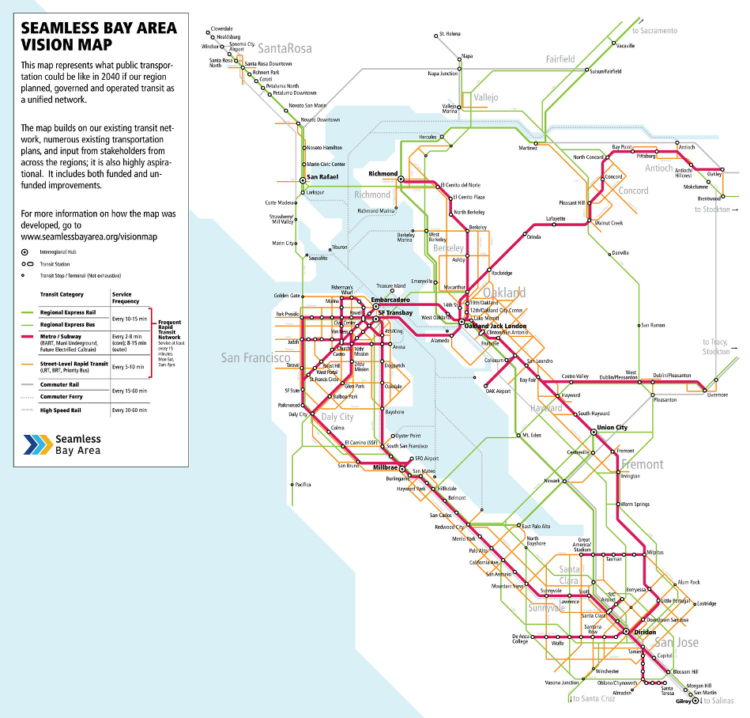
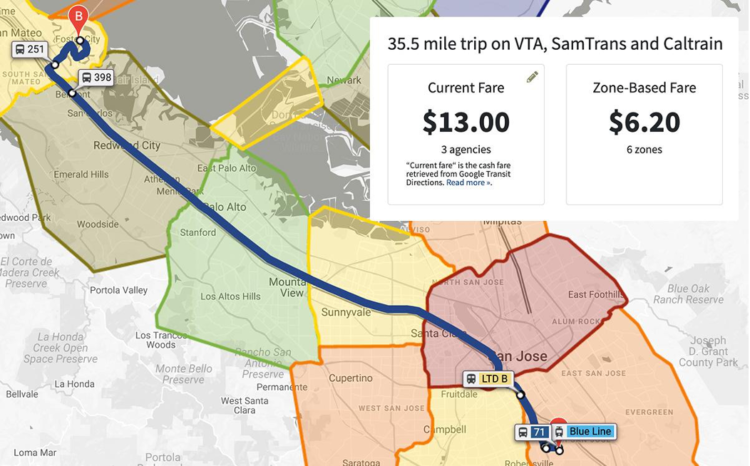
Through regular public webinars, information sessions, networking events, and rider forums, Seamless Bay Area is educating the public, building broad support for transit improvements, and amplifying the voices and perspectives of transit riders.
In 2019, Seamless Bay Area launched a set of seven Seamless Transit Principles to build support among members of the public, elected officials, organizations, and jurisdictions for integrated, rider-friendly transit. To date, the principles have been endorsed by over 35 organizations, including SPUR, TransForm, and Urban Habitat; by cities and counties representing millions of Bay Area residents; and by over 1,800 individuals.
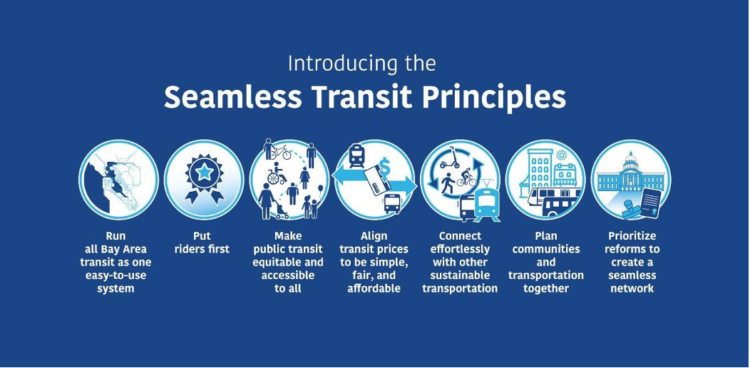
Seamless Bay Area has also partnered with leading experts to conduct research on international best practices for well-coordinated, affordable, high-ridership transit systems, and educate transit agency leaders, staff, and policymakers on best practices.
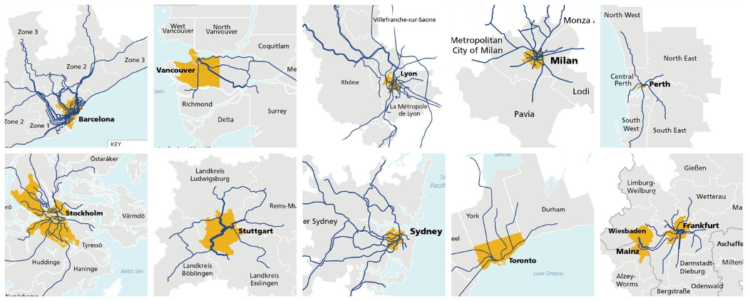
Thanks to the group’s successful advocacy to date, in 2020 Seamless Bay Area was invited to serve on the region’s 32-member Bay Area Blue Ribbon Transit Recovery Task Force, a group convened for the purpose of helping Bay Area transit operators navigate and recover from the COVID crisis. Seamless Bay Area also serves on the region’s Fare Integration Stakeholder Group, which is shaping a regional Fare Coordination and Integration Study with the potential to make transit more convenient and affordable in the Bay Area for many years to come.
By articulating a clear vision for change and building a growing coalition of support among transit leaders, advocates, and the general public, Seamless Bay Area is uniquely well-positioned to lead the way toward the integrated transit system the region deserves.
